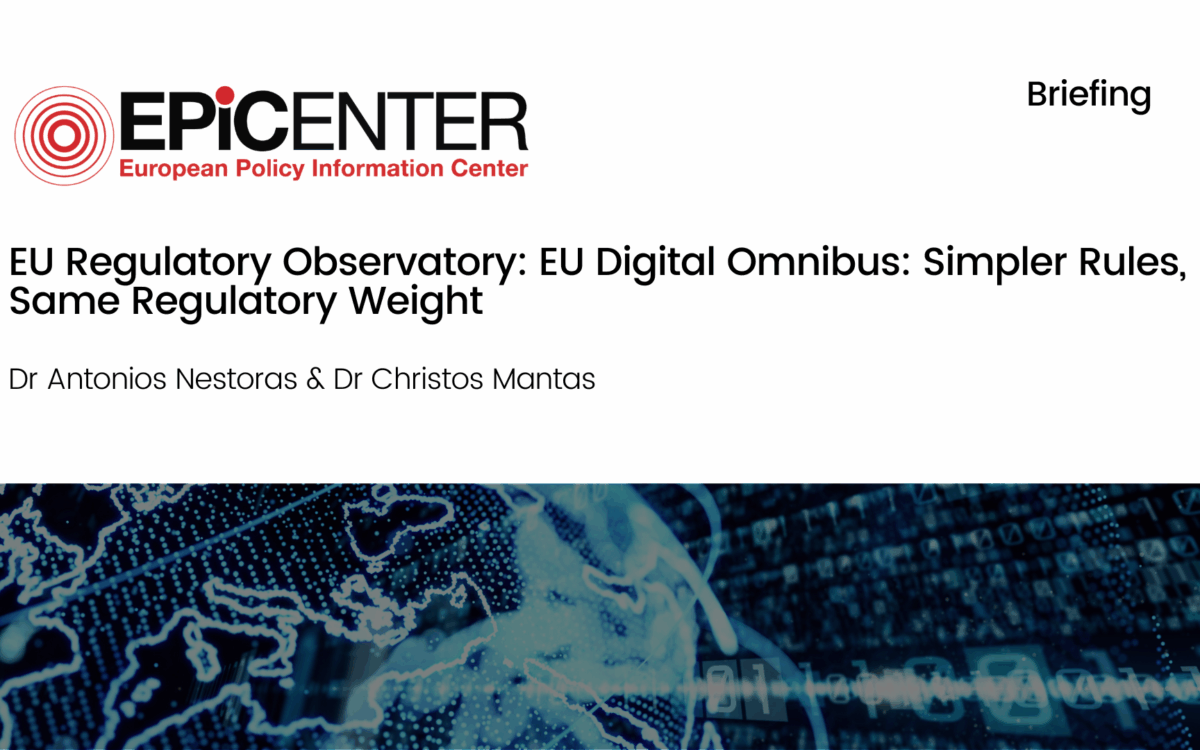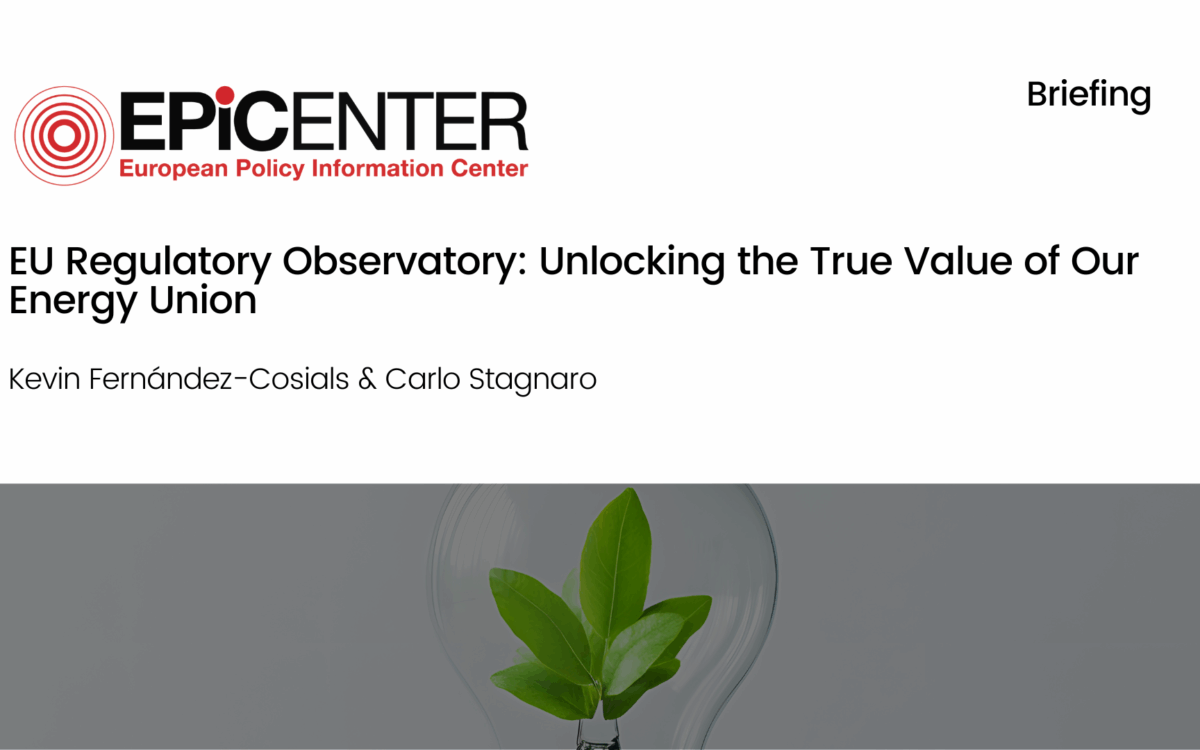Innovation in Harm Reduction

Innovation in Harm Reduction
October 2016
Permissionless Innovation
Scientific research has made important breakthroughs in harm reduction in recent years. In the field of alcohol consumption, safer and healthier options are being developed, whereas in the area of nicotine delivery, e-cigarettes have been shown to significantly mitigate adverse health effects associated with smoking. However, these new, less harmful products are often subject to heavy regulation. For example, the new Tobacco Products Directive (TPD2), which came into force in May, dramatically tightens regulation of e-cigarettes. Yet, it is unclear that it will lead to improved health outcomes.
However, these new, less harmful products are often subject to heavy regulation. For example, the new Tobacco Products Directive (TPD2), which came into force in May, dramatically tightens regulation of e-cigarettes. Yet, it is unclear that it will lead to improved health outcomes.
In this regard, ‘permissionless innovation,’ meaning a general acceptance by policymakers of risk-taking as an effective way to achieve human progress, has been shown to deliver and is likely to continue to deliver the best results in harm reduction.
Download or share this publication
View the PDF
EPICENTER publications and contributions from our member think tanks are designed to promote the discussion of economic issues and the role of markets in solving economic and social problems. As with all EPICENTER publications, the views expressed here are those of the author and not EPICENTER or its member think tanks (which have no corporate view).



